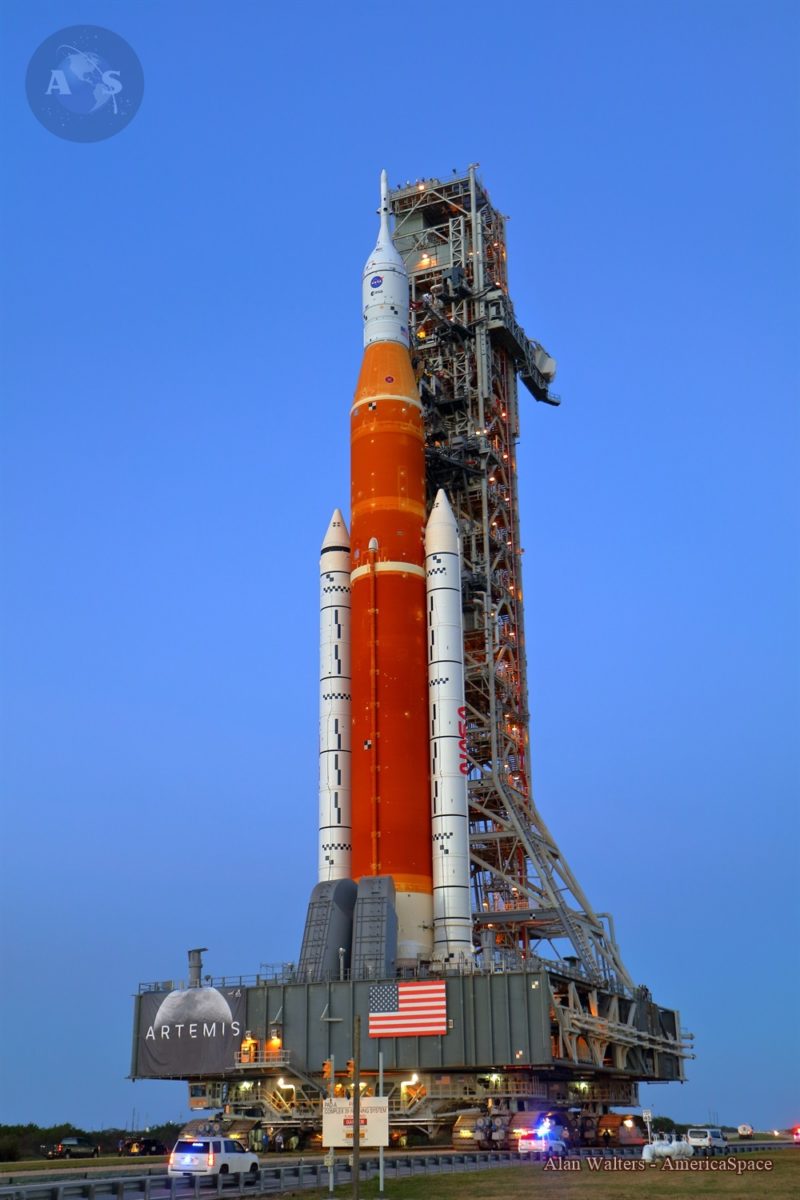NASA Delays Artemis II Launch to Q2 2026 Due to Safety Reviews
04/05/2025 11:21 EST

WASHINGTON, D.C. — NASA has officially postponed the launch of Artemis II, the first planned crewed mission in its Artemis program, pushing the mission’s timeline from late 2025 to the second quarter of 2026. The delay follows a comprehensive set of safety reviews and technical evaluations of both the Space Launch System (SLS) rocket and the Orion spacecraft.
The mission, which will carry four astronauts on a lunar flyby, marks the first time humans will travel beyond low-Earth orbit since the Apollo era. According to agency officials, the additional time is necessary to address several hardware and software issues identified during pre-flight readiness assessments.
“We are prioritizing crew safety above all else,” said NASA Administrator Bill Nelson during a press briefing on Monday. “This is a complex vehicle system with no margin for error. We will launch when we are absolutely ready — and not a moment sooner.”
Key concerns include the performance of the life support systems aboard Orion and ongoing tests on the heat shield, which is critical for reentry protection. Engineers have also flagged minor but persistent issues with ground support infrastructure at Kennedy Space Center that need to be addressed before the countdown begins.
The delay comes as NASA faces increasing scrutiny over program costs and scheduling reliability. Still, agency leadership emphasized that lessons learned from Artemis I — the uncrewed lunar test mission completed in late 2022 — have been instrumental in informing necessary design updates for Artemis II.
Astronauts Reid Wiseman, Victor Glover, Christina Hammock Koch, and Canadian Space Agency’s Jeremy Hansen remain assigned to the mission and continue intensive training at Johnson Space Center in Houston.
Despite the delay, NASA maintains its goal of landing astronauts on the Moon with Artemis III later in the decade, though that timeline may also be impacted depending on the readiness of SpaceX’s Human Landing System and other critical components.
“We remain committed to returning humans to the Moon and establishing a sustainable presence,” said Jim Free, NASA’s Associate Administrator for Exploration Systems. “Artemis II is a crucial step, and we’re going to get it right.”
More updates on the revised launch schedule and final readiness reviews are expected later this year.
Image Taken of Artemis II Earlier This Year
